Adding Sulfur to hot compost pile
kokopellifivea
6 years ago
Featured Answer
Sort by:Oldest
Comments (21)
trickyputt
6 years agoRelated Professionals
Erie Landscape Architects & Landscape Designers · Ilchester Landscape Architects & Landscape Designers · Cockeysville Landscape Contractors · Cockeysville Landscape Contractors · Fountain Valley Landscape Contractors · Longview Landscape Contractors · Lyndhurst Landscape Contractors · Wallingford Landscape Contractors · Maple Heights Landscape Contractors · Bellevue Decks, Patios & Outdoor Enclosures · Benton Decks, Patios & Outdoor Enclosures · Garden City Decks, Patios & Outdoor Enclosures · Lancaster Decks, Patios & Outdoor Enclosures · Lauderdale Lakes Decks, Patios & Outdoor Enclosures · South Milwaukee Decks, Patios & Outdoor Enclosureskimmq
6 years agogumby_ct
6 years agolast modified: 6 years agokokopellifivea
6 years agogumby_ct
6 years agokokopellifivea
6 years agolast modified: 6 years agokokopellifivea
6 years agogumby_ct
6 years agorgreen48
6 years agokimmq
6 years agotrickyputt
6 years agotheparsley
6 years agoUnununium
6 years agogardengal48 (PNW Z8/9)
6 years agokokopellifivea
6 years agogardengal48 (PNW Z8/9)
6 years agokokopellifivea
6 years agolast modified: 6 years agoEkor Tupai
6 years agokimmq
6 years agokokopellifivea
6 years ago
Related Stories
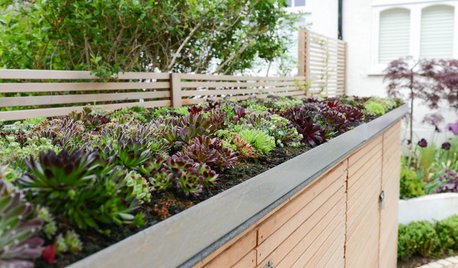
LANDSCAPE DESIGN12 Enclosure Ideas for Trash Bins, Compost Piles and AC Units
Enhance your home’s curb appeal and keep bins organized with one of these design-forward, problem-solving ideas
Full Story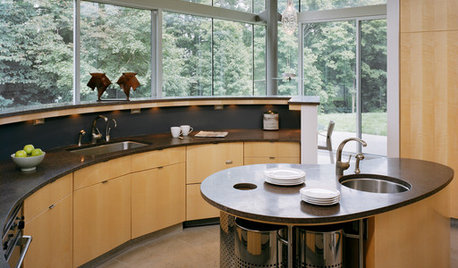
GREEN BUILDINGWhere to Hide the Kitchen Compost Bin
Enriching your soil doesn’t have to mean staring at a countertop pile of decomposing food scraps
Full Story
GARDENING GUIDESGet on a Composting Kick (Hello, Free Fertilizer!)
Quit shelling out for pricey substitutes that aren’t even as good. Here’s how to give your soil the best while lightening your trash load
Full Story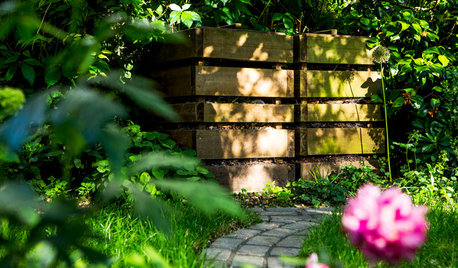
GARDENING GUIDESProfessional Tips for Making Your Own Compost
Learn how to create a free supply of nutrient-rich soil for your garden with expert advice from Houzz landscape pros
Full Story
MOST POPULARWhat to Know About Adding a Deck
Want to increase your living space outside? Learn the requirements, costs and other considerations for building a deck
Full Story
HOUSEKEEPING10 Chores You Can Whip Through During Commercials
Use ad time for getting tasks done, and it’s like fast-forwarding your house into cleanliness
Full Story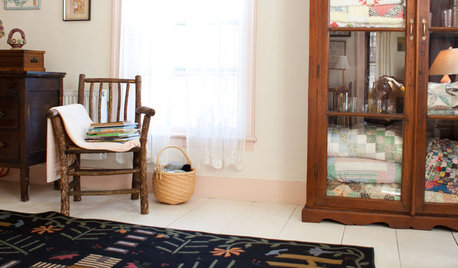
THE HARDWORKING HOMEClever Ways to Rethink the Linen Closet
The Hardworking Home: Get rid of those toppling piles with these ideas for organizing bedding, towels and more
Full Story
GARDENING GUIDESHouzz TV: Make a Worm Bin for Rich Soil and Happy Plants
A worm-powered compost bin that can fit under a sink turns food scraps into a powerful amendment for your garden. Here’s how to make one
Full Story
LANDSCAPE DESIGN10 Reasons to Get a Fire Pit
On the fence about adding one? Find out the benefits and which type is right for you
Full Story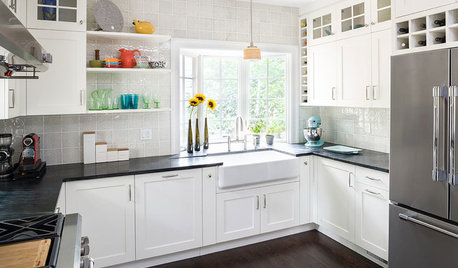
KITCHEN DESIGNDetails That Count: 17 Designer Tips for a Great Kitchen
Get ideas for camouflaging your outlets, adding task lighting and avoiding common kitchen annoyances
Full Story






Jean